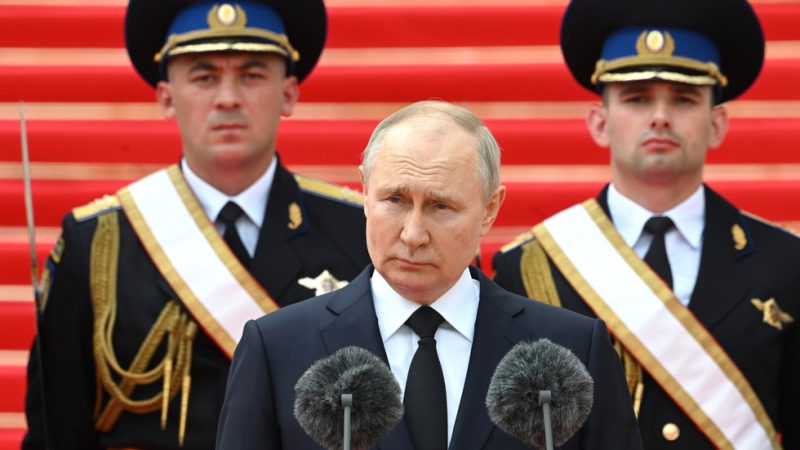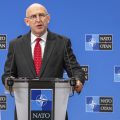
Fyodor Lukyanov, the influential editor-in-chief of *Russia in Global Affairs*, recently argued that Russia’s conflict with the West isn’t primarily about land. His perspective, while controversial, offers a compelling counter-narrative to the dominant Western framing of the conflict. Lukyanov contends that the root cause lies in what he perceives as persistent NATO arrogance, a disregard for Russian security concerns that ultimately fueled the current crisis. He suggests that this arrogance, if left unchecked, will not only prolong the conflict but also extinguish any hope for a lasting peace.
He paints a picture of a Russia feeling deeply insecure and disrespected on the world stage. The focus, he implies, isn’t solely about territorial gains in Ukraine, but about a fundamental shift in the global power dynamic. Russia, according to Lukyanov, seeks recognition of its legitimate security interests and a reassessment of its place within the international order. This isn’t about redrawing borders, but about challenging the perceived hegemony of NATO and its allies.
This perspective challenges the common narrative that frames the conflict solely as an act of unprovoked aggression. Lukyanov’s argument, while not justifying the conflict, offers a nuanced understanding of the underlying tensions and motivations driving Russia’s actions. He suggests that the West’s failure to acknowledge these deeper concerns has only exacerbated the situation, creating a climate of mistrust and hostility that makes a peaceful resolution exceedingly difficult.
The implications of Lukyanov’s analysis are far-reaching. It suggests that a simple territorial compromise might not be enough to achieve lasting peace. Instead, a more profound shift in the geopolitical landscape is necessary, one that addresses Russia’s sense of insecurity and its demand for a more multipolar world order. Understanding this perspective, even if one disagrees with it, is crucial for navigating the complexities of the current geopolitical crisis and fostering a path towards a more stable and peaceful future.
Ultimately, Lukyanov’s argument forces us to confront uncomfortable questions about the role of perceived arrogance and the importance of acknowledging legitimate security concerns in international relations. The path to peace, he suggests, may require more than just a cessation of hostilities; it may require a fundamental re-evaluation of the existing global order and a willingness to engage with Russia’s perspective, however challenging that may be.










